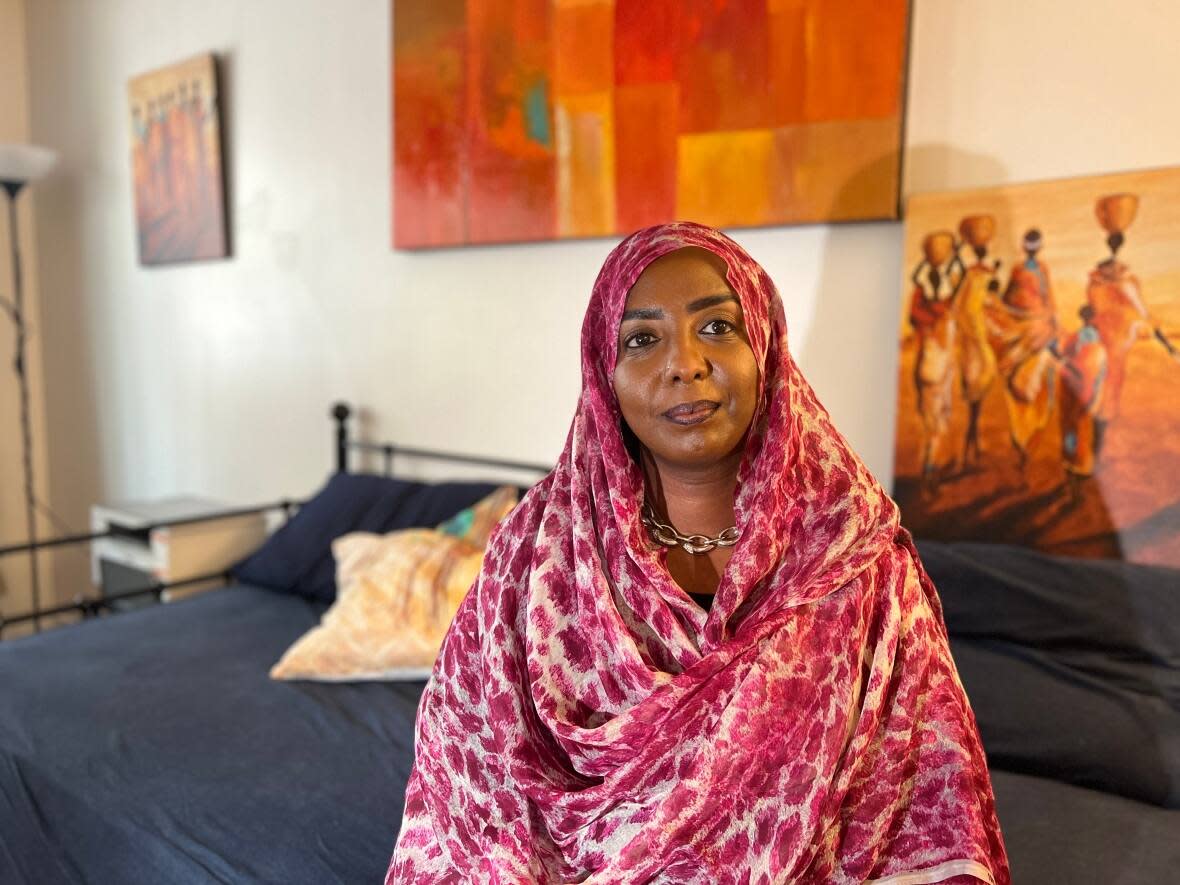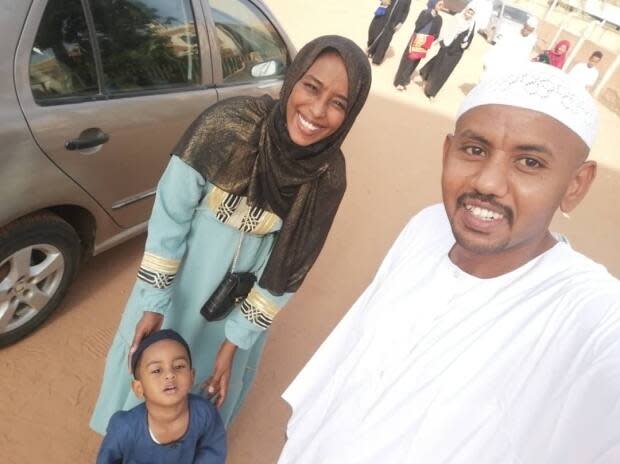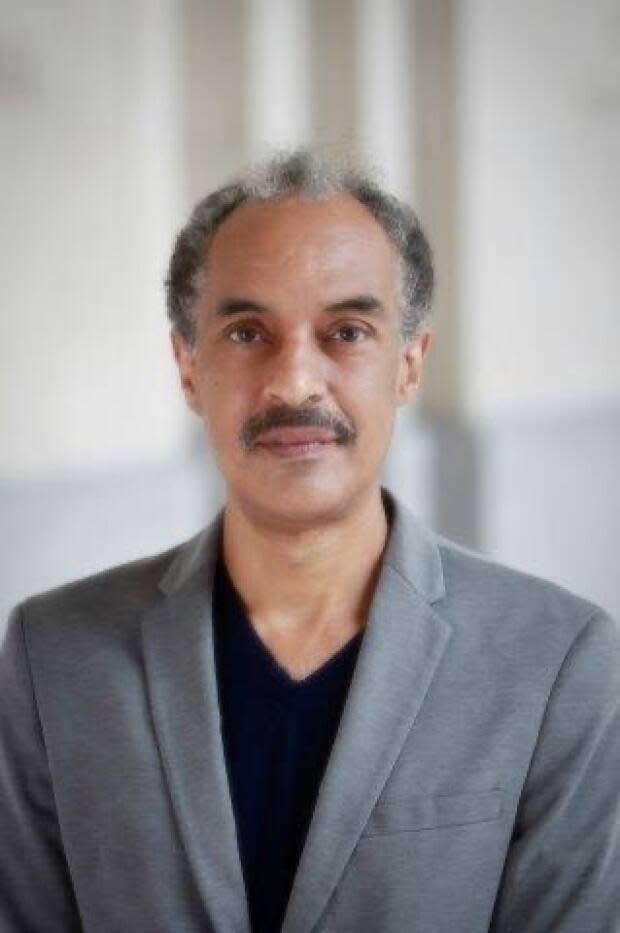Sudanese Montrealers fear for loved ones as fighting rages in home country

Iman Bahaeldin Ahmed says she didn't even recognize her younger sister in a photo she received from her from Sudan on Friday.
With new strands of white hair and a markedly aged face, "I thought she's my mom in the beginning," said Bahaeldin Ahmed.
Her sister Isra, who is pregnant with her second child, had been living in terror in Sudan's capital of Khartoum, where fighting broke out between the country's military and a paramilitary group on April 15.
As air strikes and artillery continually rocked her home city, Isra, her husband and their three-year-old son rushed to flee the violence for another city in a neighbouring state.
"They just left anything they had … they want the safety and so they are there," said Bahaeldin Ahmed, a Canadian permanent resident who fled Sudan herself in 2017 due to the country's politics.
"They don't know what is their future," she said.

Bahaeldin Ahmed's brother is also in Sudan, but she's been unable to connect with him due to interruptions in power and phone connections caused by the bombings.
"I'm trying to be strong but always when the night comes, everything is coming in your mind," she said.
'Reaching a breaking point'
Hundreds of people have been killed and thousands wounded since disputes between the Sudanese army and the paramilitary Rapid Support Forces (RSF) erupted into conflict nearly a month ago.
Khalid Mustafa Medani, an associate professor of political science and chair of African studies at McGill University, says the humanitarian crisis has intensified drastically since the conflict began.

"The humanitarian crisis with respect to basic supplies of water, electricity, medicine, food is now reaching a breaking point to the extent that people are facing famine in the very heart of the capital city," he said.
Street battles continue, with a lot of looting of people's homes on the part of the militias, says Mustafa Medani.
He's worried about the conflict, as he still has immediate family and friends in Sudan.
Upwards of 800,000 people have been displaced within the country, according to Mustafa Medani, and about 300,000 have fled Sudan entirely in the course of just four weeks. The United Nations estimates that number could jump to more than 800,000.
But Mustafa Medani says he's heard about many people having issues once they arrive at the borders.
"There seems to be blockages with people waiting for weeks without water and medicine at the borders," he said, including Egypt, Chad, Ethiopia and even South Sudan.
Medani says the United Nations High Commissioner for Refugees (UNHCR) as well as neighbouring host governments need to make the process easier for refugees and remove restrictions.
"We're looking for much more robust, supported intervention," he said.
We are also human beings there, so we need this help. - Iman Bahaeldin Ahmed
Bahaeldin Ahmed, for her part, wants to see Canada step up and help evacuate Sudanese residents, not just its own citizens.
She says she wants her people to get the same kind of support that Ukrainians received when their country went to war and civilians' lives were put in jeopardy.
"We are also human beings there, so we need this help," she said.


